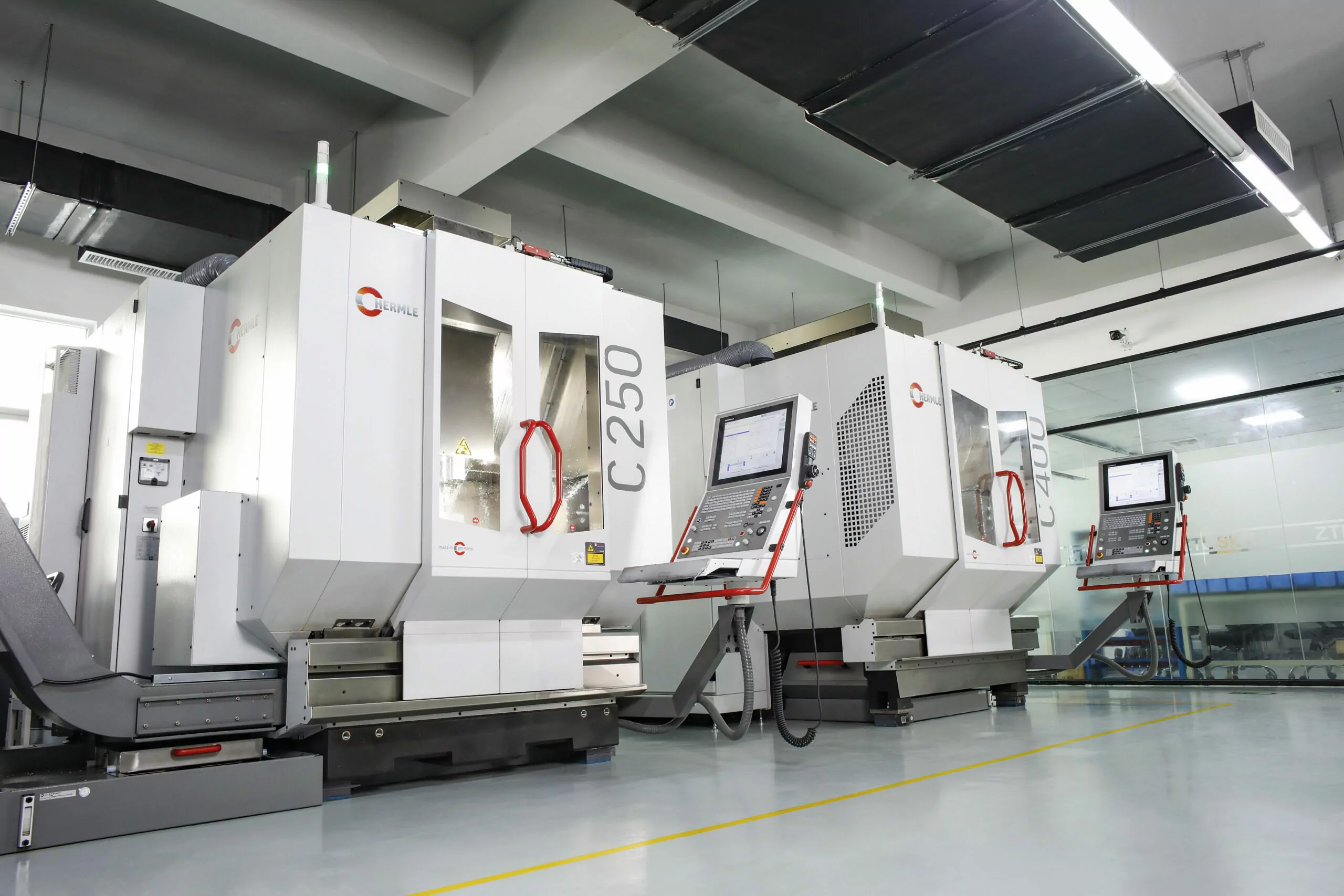The Importance of Rapid Prototype Services in Today's Manufacturing Industry
الجسم
In today's rapidly evolving manufacturing industry, the importance of rapid prototype services cannot be overstated. These services play a crucial role in the development and production of new products, allowing manufacturers to test and refine their designs before committing to large-scale production. Rapid prototype services offer a range of benefits that contribute to the overall success of a manufacturing project.

Accelerating Product Development
One of the key advantages of rapid prototype services is their ability to accelerate the product development process. Traditional manufacturing methods often involve lengthy lead times, as molds and tooling need to be created before production can begin. With rapid prototype services, manufacturers can quickly produce physical prototypes using 3D printing or other advanced technologies. This allows for faster iteration and refinement of designs, reducing the time it takes to bring a product to market.
For example, a company developing a new consumer electronics device can use rapid prototype services to create multiple iterations of the product within a short period. By testing these prototypes, they can identify design flaws or areas for improvement early on, saving time and resources in the long run.
Cost Savings
Rapid prototype services also offer significant cost savings for manufacturers. By producing physical prototypes before committing to large-scale production, companies can identify and address potential issues early in the development process. This helps to minimize the risk of costly errors or design flaws that may only become apparent during mass production.
Furthermore, rapid prototype services allow for more efficient use of materials. Traditional manufacturing methods often involve significant waste, as molds and tooling need to be created and modified. With rapid prototyping, manufacturers can produce only the necessary parts and components, reducing material waste and associated costs.
Enhancing Collaboration and Communication
The importance of rapid prototype services extends beyond the manufacturing process itself. These services also play a crucial role in enhancing collaboration and communication among different stakeholders involved in product development.
By providing physical prototypes that can be touched, evaluated, and tested, rapid prototype services facilitate better communication between designers, engineers, and other team members. This tangible representation of the product allows for clearer feedback and more effective problem-solving, leading to improved collaboration and ultimately a better end product.
Market Validation and Customer Feedback
Rapid prototype services also enable manufacturers to validate their product ideas and gather valuable customer feedback before investing in large-scale production. By creating physical prototypes, companies can conduct market testing and gather insights from potential customers.
For example, a company developing a new kitchen appliance can use rapid prototype services to create a functional prototype and conduct user testing. This allows them to gather feedback on the product's usability, features, and overall appeal. Based on this feedback, manufacturers can make necessary adjustments and improvements to ensure the final product meets customer expectations.
In conclusion, the importance of rapid prototype services in today's manufacturing industry cannot be underestimated. These services offer numerous benefits, including accelerated product development, cost savings, enhanced collaboration and communication, and market validation. By leveraging rapid prototype services, manufacturers can improve their product development processes, reduce risks, and ultimately deliver better products to the market.










تعليقات